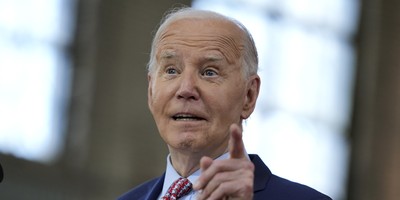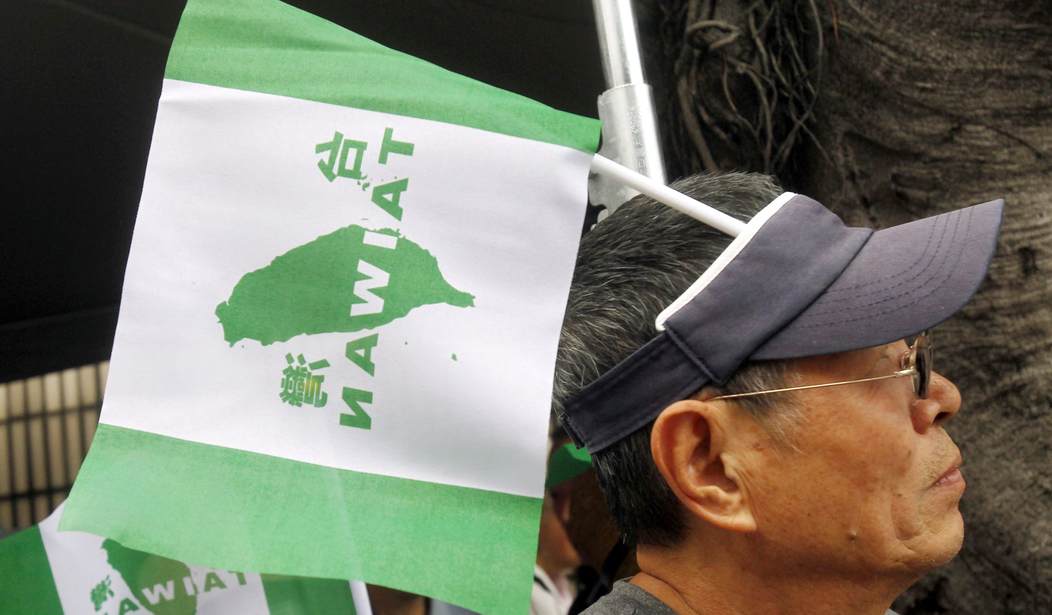I’ve visited Taiwan more than 120 times over the past 47 years, and every time I do, I’m impressed by its economic achievements and dynamism.
Taiwan’s economy is a model for Asia and beyond. Over the past 25 years, it has weathered several regional and global economic downturns. Yet it has emerged from these crises as competitive as ever. Today it’s the world’s 10th freest economy, having recorded its highest score ever in the 2019 Index of Economic Freedom.
Taiwan and the United States have a long and honorable history. Our peoples joined in a common cause and fought to contain the spread of Communism.
America’s commitment is reflected in the Taiwan Relations Act. Signed into law 40 years ago, the spirit and intent of the TRA — to deter aggression from Beijing, promote economic freedom, and protect human rights on Taiwan — are as robust today as they were in 1979.
Taiwan has built prosperity on a solid foundation: thousands of small and medium-sized businesses. These enterprises, sometimes called “an army of ants,” have adapted to the nation’s changing circumstances and adjusted to fluctuations in international markets.
The strength of this “army” lies with Taiwan’s people. Well-educated, industrious and entrepreneurial, they have proven that individual initiative coupled with economic freedom brings prosperity, even to an island that has been diplomatically isolated.
Of course, this army of entrepreneurs hasn’t operated in a vacuum. Wise, forward-thinking business leaders and policymakers have worked hard, with modest American assistance, to put Taiwan on the path to prosperity. The nation’s commitment to its high-tech industry and export competitiveness are the results.
Taiwan’s political transformation has been even more impressive. Few countries can match the scope and rapidity of its democratic movement. From 1986 to 1996, for example, Taiwan transformed from a society with no lawful political opposition to a nation in which leaders at every level are chosen in free elections.
Recommended
Just as competition strengthened Taiwan’s economy, it has strengthened its political institutions, even in the face of frequent bluster and intimidation from Beijing.
But Taiwan’s economic and political transformations are far more than domestic successes. They have fundamentally altered Taipei’s relationship with Beijing, with Washington, and with the world.
No longer can anyone say that free-market democracy is inconsistent with Asian or Confucian culture. Taiwan has demonstrated to the world that freedom is a stabilizing force — that free enterprise, free association and free speech lead to entrepreneurship, prosperity and security.
Taiwan’s democracy challenges the United States and other nations to reassess their policies toward Beijing. In its policies toward Beijing, the United States seeks to ensure its own security while advancing its economic and political interests.
American interests in Asia require more than soaring rhetoric and frequent meetings. They require action. Moreover, American interests are not well served by a partnership with Beijing, particularly not if that partnership flourishes at the expense of other U.S. allies — and not if it undermines the U.S. goal of promoting and protecting freedom and democracy among our allies.
U.S. policymakers need to maintain close, secure relations with Taiwan. This is especially important today, when more than 90 percent of those now serving in Congress came to office after the passage of the Taiwan Relations Act.
We need to help Taiwan become a full participant in the international community. The people of Taiwan have a right to share their ideas and their wealth to the benefit of the rest of the world — and the United States should help make this happen.
The U.S.-Taiwan trade and investment relationship would benefit from greater strategic focus and clarity. That could best be achieved by pursuing a bilateral U.S.-Taiwan free trade agreement (FTA).
This is an ideal time begin discussions, discover the possible hurdles, negotiate in an open and candid manner, and make a bilateral FTA a reality. Then the Taiwan–U.S. partnership for freedom will play a more important role in shaping American policy toward China — and in securing American interests throughout Asia.

























Join the conversation as a VIP Member